ClientEarth Communications
20th March 2024

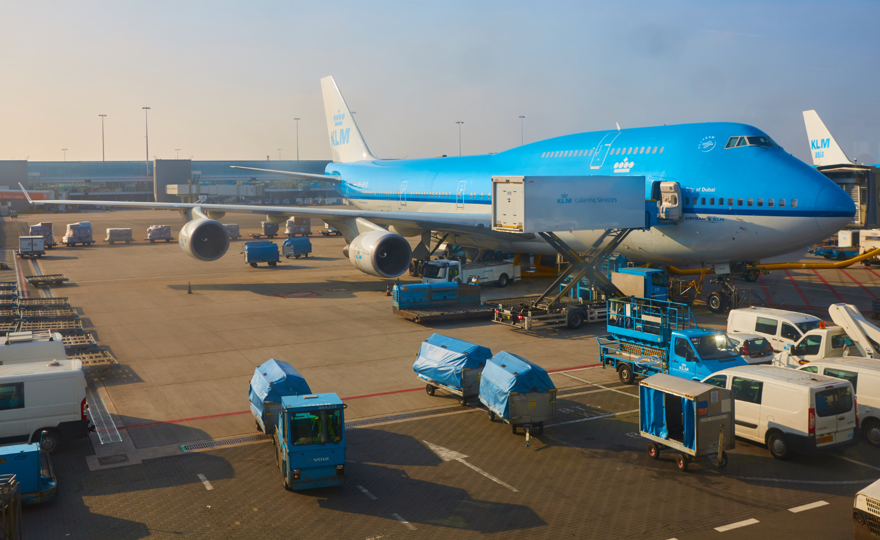
The District Court of Amsterdam has ruled in the claimants’ favour in this landmark case against the airline’s misleading marketing, which falsely promoted the sustainability of flying. The case was brought in 2022 by Dutch campaigners Fossielvrij Netherlands and Reclame Fossielvrij, with our support.
In July 2022, we supported Fossielvrij Netherlands and Reclame Fossielvrij in filing a groundbreaking lawsuit against KLM, marking the first-ever legal claim challenging airline industry greenwashing.
The case argued that KLM's advertising misled the public by giving the impression that the airline is tackling climate change, despite the fact that its plans for air traffic growth will exacerbate the crisis. It also challenged KLM's carbon offsetting marketing, which suggests customers can reduce their flight's impact by supporting reforestation projects or the airline’s costs of purchasing small quantities of biofuels.
Almost a year later, in June 2023, a significant milestone was reached in the case. The District Court of Amsterdam granted permission for the lawsuit to proceed to a full trial, which meant moving one step closer to holding KLM accountable for its misleading narrative around the airline’s climate impact and its attempt to maintain its 'licence to grow'.
And now, in 2024, a judgment has been given that KLM were in fact acting unlawfully by using misleading advertising. KLM’s claims that it was committed to the Paris Agreement climate goals were also found to be illegal. The judge ruled that claims about the feasibility of KLM’s targets painted ‘too rosy a picture’. This sets a precedent for all companies promoting net zero commitments, with ramifications across the international aviation sector.
Today’s judgment is a landmark victory in the fight against greenwashing. KLM’s “green” marketing creates a misplaced trust that even if you are worried about the climate crisis, you can board a plane reassured you are not harming the planet. The judge has put an end to this harmful strategy to lull the public and politicians to sleep.
Hiske Arts, Fossielvrij
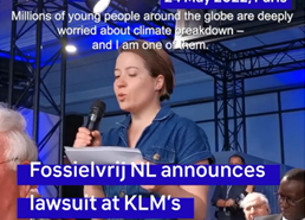
We, along with Fossielvrij Netherlands and Reclame Fossielvrij, sent a letter of demand to KLM, accusing the airline of misleading marketing that falsely promotes the sustainability of flying.
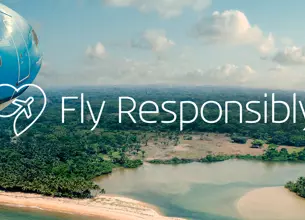
A discussion with the airline’s team take place where we set out our concerns with its ads. KLM refuses to stop advertising its misleading claims.
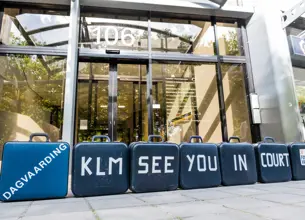
Fossielvrij and Reclame Fossielvrij file the lawsuit in the District Court of Amsterdam with our support.

Another meeting takes place where KLM proposes some changes to its climate advertising and its website in an effort to stop the case going ahead. Its website would say more prominently that aviation is far from sustainable today. But the company continues to stick to the same core messages that it is on the path to more sustainable travel and on track to be a net zero business by 2050, and that customers can purchase ‘compensation’ for the impact of the flights.
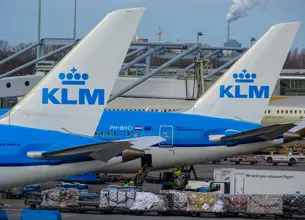
KLM files its first round arguments on the admissibility of the claim.
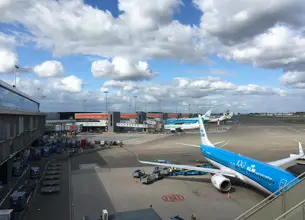
KLM and other aviation groups sue the Dutch government to delay its plan to cap air traffic at Amsterdam Schiphol airport at 2015 levels. The government appeals the lower court’s decision in favour of the aviation industry.
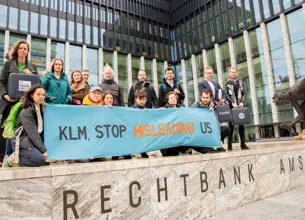
Hearing takes place on the greenwashing claim’s admissibility, in which KLM informs the judge it has now decided to drop its problematic ‘Fly Responsibly’ campaign. However, it makes no commitments regarding its future advertising, nor does it address its offsetting marketing.
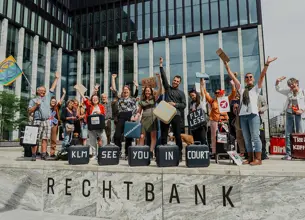
Court gives permission for lawsuit to proceed to a substantive hearing.
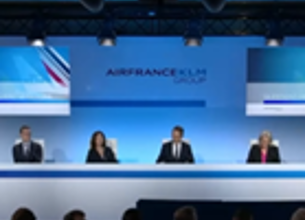
On the same day as the judgment, the KLM CEO said at its AGM that she agreed with Fossielvrij that the advertising in the case “is not the right way”. But responding to a question about how it planned to influence public perception, the airline group said it would communicate on its sustainability plan as it needs to “secure the conditions for its competitiveness and profitability”.
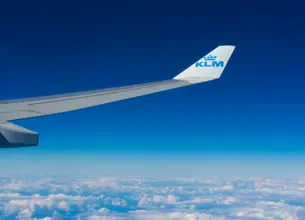
District Court of Amsterdam rules that KLM’s sustainability advertising breaches EU consumer law, and finds the airline guilty of greenwashing.
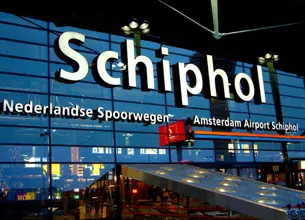
Along with Fossielvrij, we send a legal letter to 71 other airlines operating out of Schiphol airport, warning that they should not promote common industry claims about ‘sustainable aviation fuels’, ‘offsetting’ and ‘net zero by 2050’ as they are likely to be unlawful.
This judgment shows that the aviation industry’s PR strategy, that of painting its business practice as tackling the climate crisis whilst actively doing the opposite, is untenable. It has ramifications for airlines worldwide, and sets an important legal precedent for companies employing greenwashing advertising in general. The judgment clears the way for companies genuinely acting on the climate emergency to compete fairly for public support and consumer attention.
Because KLM had already retracted its ads and because it found a ban on similar claims too uncertain, the Court did not see the need to issue any remedies.
We had called for remedies including bans on this kind of greenwashing advertising in the future, as well as ‘tobacco style’ climate warning labels being included on KLM’s flight booking pages, and we’ll keep pushing to see these enforced across the industry.
Ultimately, we are calling for a policy solution fit for urgent decarbonisation away from fossil fuels - a ban on all fossil fuel advertising in the EU to stop companies like KLM from continuing to mislead the public over what is needed reduce the fossil fuels’ impact on the planet and people. We need to clean up advertising in order to clean up the climate.
IN July 2024, along with Fossielvrij, we send a legal letter to 71 other airlines operating out of Schiphol airport, warning that they should not promote common industry claims about ‘sustainable aviation fuels’, ‘offsetting’ and ‘net zero by 2050’ as they are likely to be unlawful.
The airline industry has a climate problem. Aviation relies on highly polluting fossil fuels, and expert studies warn that the airline industry cannot reach net zero by 2050 and align with climate goals without lowering air traffic. One transatlantic return flight is about the same emissions as an EU person uses to heat their home for a year.
However, KLM’s marketing – particularly its ‘Fly Responsibly’ campaign – was attempting to convince consumers otherwise. It presented the airline – and the industry - as 'creating a more sustainable future' and on track to reduce its emissions to net zero by 2050, which simply doesn’t square with aviation growth plans.
The lawsuit argued that these ads were therefore misleading and violated European consumer law. It also took issue with KLM’s offers for customers to buy carbon offset products to reduce the impact of their flight by funding reforestation projects or the airline’s costs when it buys small amounts of biofuels.
An expert evidence report submitted with the court filing found that KLM cannot validly claim that donating toward reforestation compensates for the climate impact of flying, and that a donation toward KLM’s biofuel costs wouldn‘t be ‘compensation’ either.
These offset promotions do not limit the damage the airline industry causes to the climate, and marketing them risks undermining the urgent action needed to minimise climate catastrophe.
Before the hearing, in addition to dropping its ‘Fly Responsibly’ campaign, KLM also changed how it markets its offset promotions. Instead of a ‘CO2ZERO’ label, it advertised offsets products under the label of ‘CO2 Impact programme’. But the change did not remove the same flawed offset claims that gives customers the false impression that they can ‘reduce your CO2 emissions'.
Worse still, KLM was offering frequent flier points to customers that buy these products, incentivising more frequent flying along with ‘compensation’ for the climate impact of the flights.
KLM also argued that that Fossielvrij – as a climate campaigning organisation – has no place bringing a legal challenge against misleading advertising.
But the Court disagreed. It found that Fossielvrij represented people affected by the climate crisis as well as consumers and could provide “efficient and effective legal protection” for those parties.
The positive judgment in this case is a big win not only in the KLM lawsuit, but in the wider fight against greenwashing: it establishes for the first time that an environmental non-profit can bring a greenwashing claim under the recently passed Dutch class action law, and win.
We urgently need to reduce air traffic to safe levels to keep a just and liveable world within reach. The law should not allow airlines to compete for business on claims that they are tackling the climate crisis, when the reality is they are fuelling it.
Johnny White, ClientEarth lawyer
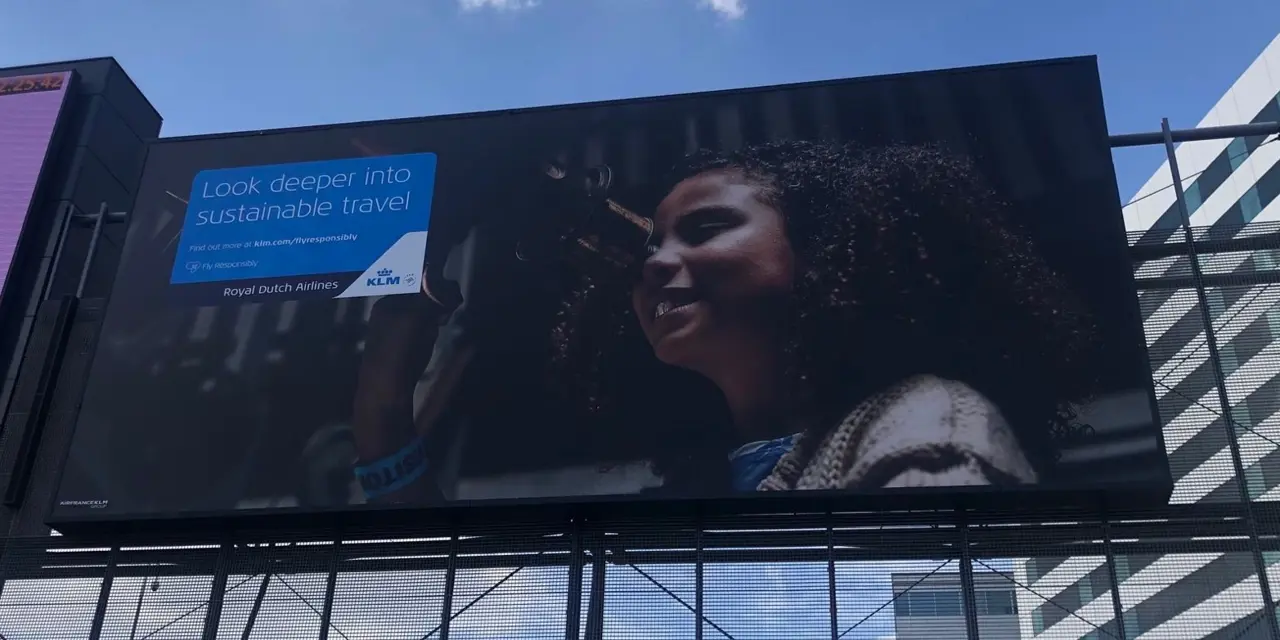
KLM and the airline industry continue to pursue growth year after year, relying on a package of speculative future technologies, limited alternative fuels and other flawed ‘solutions’ to reassure people that aviation is on the path to net zero by 2050. Whilst doing so, they are also lobbying intensively to water down aviation climate regulation.
Flying is one of the fastest ways to heat up the planet. The coming years in the climate fight are crucial, significant reductions in emissions and regulation to limit air traffic are needed to keep a liveable planet for all. Greenwashing delays this critical action and allows airlines to preserve the space for plans to burn increasing volumes of damaging fossil fuels.
Prioritising aviation’s climate damage is not a fair net zero transition plan. The airline industry’s impact is primarily from a small group of frequent flyers, when it is people with less money, people in the Global South and future generations that are already suffering the most as the world gets dangerously hotter. Just one percent of the world’s global population cause 50% of commercial aviation emissions, whilst the overwhelming majority of people globally have never taken a flight.
Companies that publicly advertise commitments to the goals of the Paris Agreement must now ensure that those claims are feasible and concrete, or risk losing in court. This judgment is nothing short of a wake-up call for highly polluting industries and companies who have tried to sell the image of commitment to the Paris climate goals without having the plans to get there.
Johnny White, ClientEarth lawyer
A translation of the legal letter dated 24th May 2022 sent by Fossielvrij NL and ClientEarth can be found here.
A translation of Fossielvrij NL's claim against KLM filed on 6th July can be found here.
A translation of the Court's ruling can be found here.
A copy of the letter sent to 71 airlines can be found here.